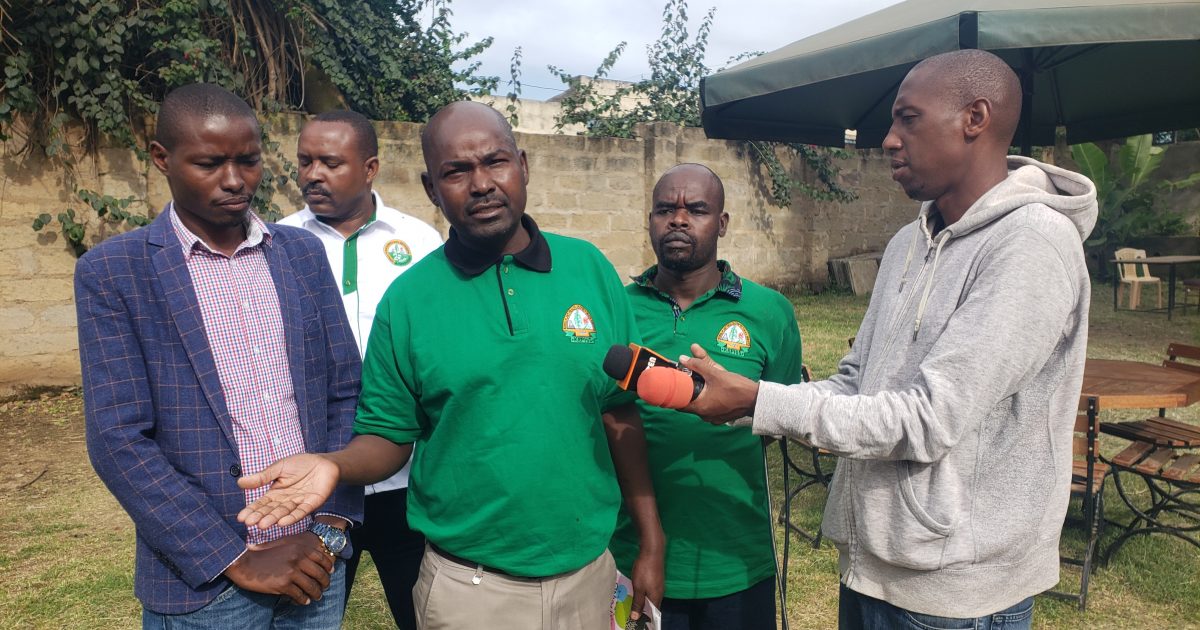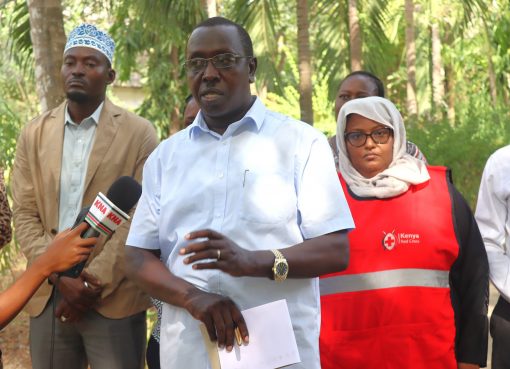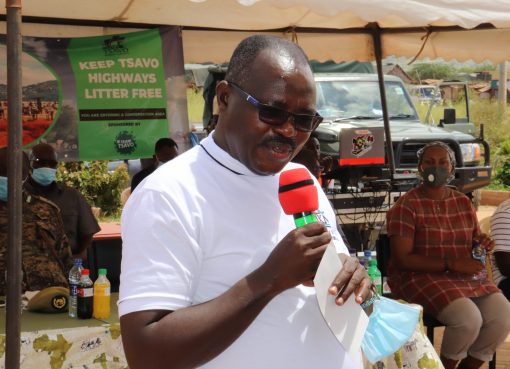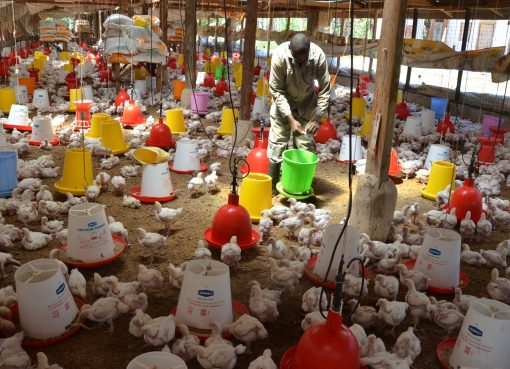Kenya Plant Health Inspectorate Service (KEPHIS), has warned farmers in Narok County against planting uncertified seeds during the current planting season, in a bid to fight the Maize Lethal Necrosis Disease (MLND).
Inspector at KEPHIS, Wilson Sitenei, said officers from the plant inspectorate have been moving around the County sensitizing farmers on the best seeds to plant, to get maximum profits.
Among the areas they have visited include Ntulele, Nkaretta, Sogoo, Nkosuani, Ololulunga and Suswa, where farmers plant maize in plantations and 67 selling points, to ensure both the farmers and sellers were dealing with the right seeds.
Sitinei advised farmers to be alert and ensure every package of seeds they purchase have a code, where farmers can verify quality from KEPHIS.
“Certified sees have a label. Farmers can scratch the label and get a number that they can confirm whether the seeds are genuine or not. Planting the right seeds will help farmers get the best results,” he said.
The Inspector advised farmers to practice rotational farming, to curb MLND disease that has affected farmers in the South Rift region in the past years.
“Do not plant maize in the same field for many years. Do rotational planting, where you can interchange maize and other crops like beans, sorghum and potatoes. This will create a health farm and a better harvest,” he continued.
However, Sitenei reported that MLND has gone down, following the prolonged rainfall in the country, saying the disease thrives in prolonged dry spells.
The disease was first reported in the county in 2011 and some of the symptoms of infected plants are maize leaves becoming yellow and dry out from the outside edges towards the midrib.
MLND can also cause dwarfing and premature aging of the plants and then the entire plant dries out and dies.
By Ann Salaton





